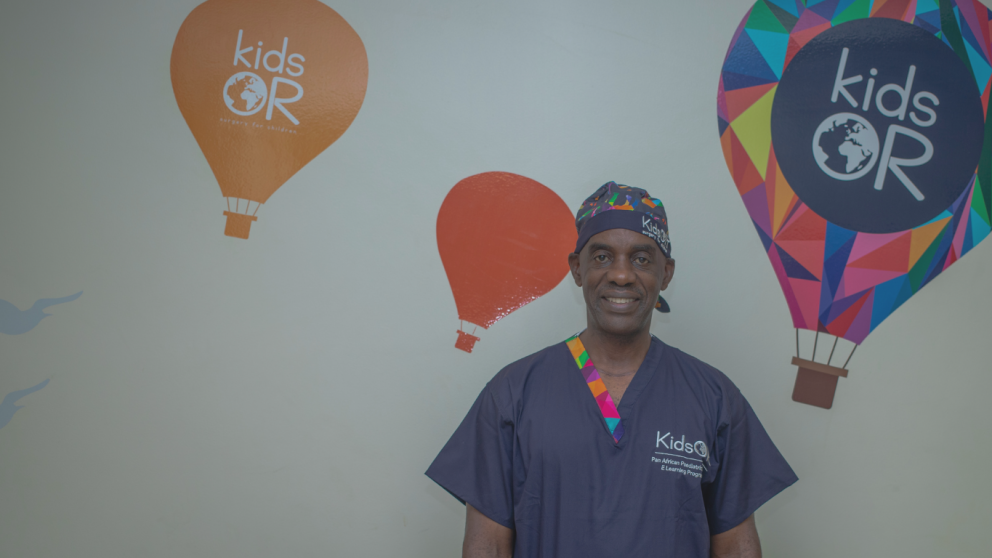
Transforming children's healthcare in Uganda
“And what’s the status of this child?" asks Dr John Sekabira, as he opens the net of a sleeping baby's cot. Her tiny frame looks not more than two kilograms.
“We still need to do more tests, but her heart is not stable," responded Dr. Peter Kayima. "The family have requested they be discharged and come back when they have the money for the tests."
“No. Could you kindly fill in a waiver fee form and take it to my office for approval. This case surely can be waivered. There is no way this baby will survive if they leave this hospital now."
It’s 7am at Mulago National Hospital. Dr Sekabira, paediatric surgical consultant and head of the paediatric department, is being briefed following morning ward rounds. We caught up with him to hear first-hand the impact of the 3 Operating Rooms installed by KidsOR in 2019.
"When we started this journey with Kids Operating Room there were renovations happening at Mulago. Hence, together with the hospital administration, we agreed that they equip, temporarily, a theatre at Naguru hospital (a referral hospital meant to decongest Mulago).
Before the installation, we used to share the theatres with other specialists. It resulted in huge backlogs. We only had a day and a half for children's surgeries, and, with a country of more than 20 million children, the demand was enormous. It was more than half the population of Uganda, using one theatre for less than two days a week.
The theatre in Naguru was temporary but it was welcome relief. We started operating daily. Having a dedicated theatre meant we could work five days. It created a difference- more children were receiving surgery.
The theatre also presented an opportunity for research and to collect data. The data helped highlight the impact of having a dedicated paediatric theatre. We could lobby for even more as it demonstrated a cost-effective analysis. Further, the data enabled us to publish articles in peer reviewed journals. It not only creates awareness in Uganda but to policy makers globally.

KidsOR Operating Room in Mulago.
The other outcome was teaching. Before the Operating Room, we had only two paediatric surgeons in the country. The installation allowed students practical training. We now have nine paediatric surgeons - it's a huge milestone for the country.
When renovations were complete, Kids Operating Room, revisited and equipped three theatres in Mulago Hospital. They also put-up friendly artwork in the theatres, receiving room and recovery room. This helps ease children's fear of surgery, which positively impacts surgical outcomes.
The resources allowed us to perform complex surgeries, such as separation of conjoined twins. Before then, these operations were hair raising experiences. When you cannot control the environment because of inappropriate or lack of equipment, the survival of children is tough. Complex surgeries are not only about the procedure. Post and pre-op care, which depends on appropriate equipment, is also vital.
The equipment also allowed for safer anaesthetic care. We didn't have paediatric anaesthesiologists before - now we have three! We've also embarked on paediatric anaesthesia fellowships (at Makerere University School of Medicine which is affiliated to Mulago hospital).
By and large, the theatres have helped train more paediatric workforce. This is important as we cannot claim to operate all the children in the country because not all can come to Mulago. Hence empowering these surgeons, who go to work upcountry is important as it increases access to children surgery.
Access to surgery has been a life-changing moment for many of these kids. As you know, when you treat a child when they are starting their life journey, the amount of impact will be lifelong; if you delay their treatment their disability can also be lifelong.


